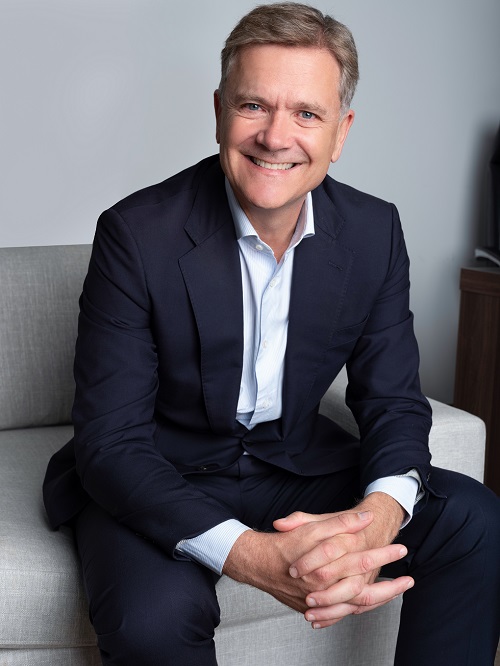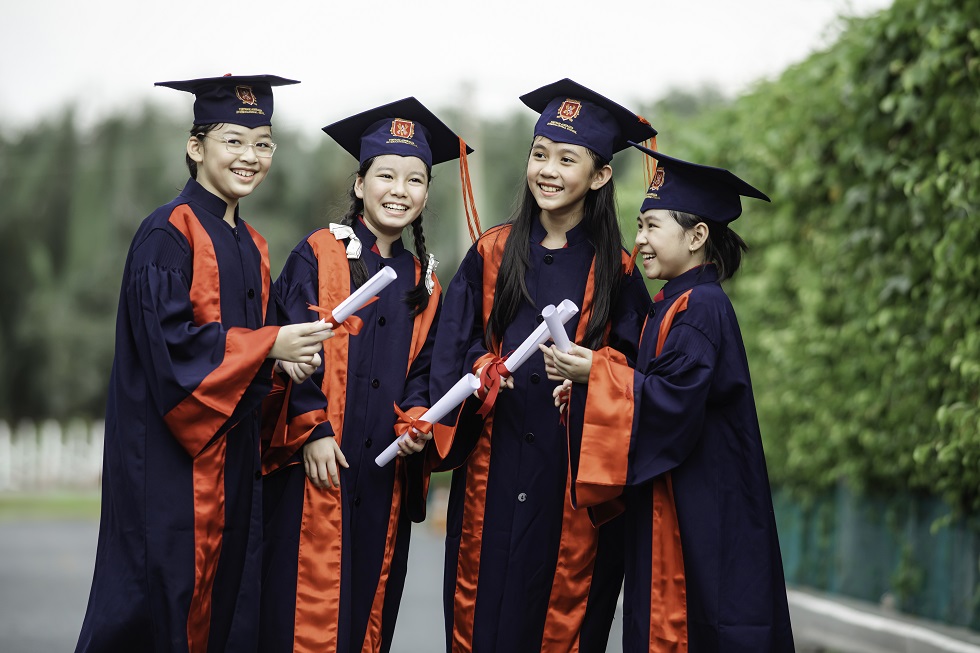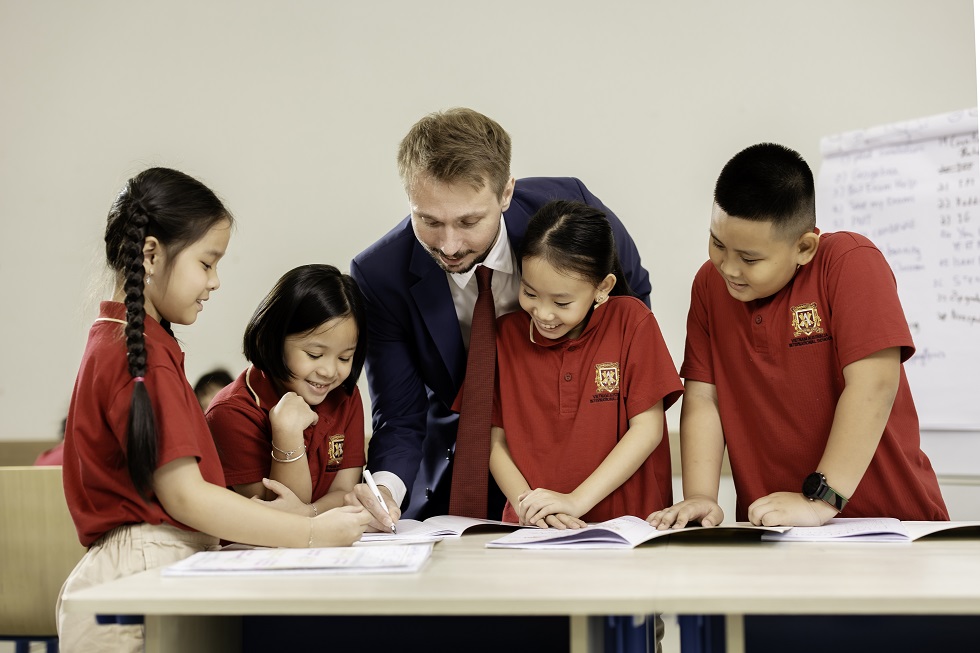Gilles Mahe is CEO of XCL Education and VAS, a leading group of schools that own 17 educational institutions in Singapore, Malaysia, Thailand, and Vietnam. In an interview with The Saigon Times, he discussed the evolution and prospects of international education in Vietnam, how the trends and expectations of international education have been changing from the past 20 years, and how the Vietnam Australia International School (VAS), a member of XCL in Vietnam, has adapted to the market demand. Excerpts:

The Saigon Times: What do you think are the main factors and trends that have influenced the demand and expectations for international education in Vietnam in the last 20 years?
Gilles Mahe: International education in Vietnam is driven by two main factors: the rapid economic growth and development, which has raised the income and aspiration of the middle class, who seek better education and career opportunities for themselves and their children; and the influence of globalization and digitalization, which have exposed the Vietnamese people to different cultures, languages, and lifestyles, and have created new challenges and opportunities in the global market.
These factors have initially increased the demand for English proficiency, as students aim to study abroad, obtain international qualifications, and gain a competitive edge in their career. However, in the years later, globalization has also brought about many challenges and uncertainties, such as pandemics, natural disasters, and wars, that affect our lives and society. Therefore, students then need more than just English proficiency. They need to acquire practical knowledge and skills that will enable them to cope with these changes and challenges, and to make a positive impact on the world.
To meet this demand, transnational education programs have become more popular in Vietnam. They offer Vietnamese students the international curricula and qualifications through partnerships between local institutions and well-known foreign education program providers. Some world-renowned programs that have been widely taught are the Cambridge Assessment International Education (CAIE) or the International Baccalaureate (IB).

You mention the changes and challenges of the global market, what makes you think that international curricula can prepare Vietnamese students for them?
International education programs, such as the Cambridge program, can provide students with a broad and deep understanding of the global landscape and the new trends that shape it, through a variety of practical and relevant subjects, such as Digital Literacy, Global Perspectives, Business, Economics, etc. These subjects not only prepare students for the field they want to pursue, but also equip them with the skills that will help them adapt to future changes and prepare for the jobs of tomorrow. These skills include critical thinking, creativity, communication, collaboration, digital literacy, and global citizenship, which are essential for finding solutions, creating innovations, and working together in a diverse and interconnected world.
Do you anticipate any significant shifts or transformations in the international education field in Vietnam in the coming years?
I believe that the interest in international education will continue to grow strongly in the coming decades. As of now, Vietnam has a large and young population of nearly 100 million people, with 60 per cent of them being under 40 years old. People born during the 1980s and 1990s – those who have more access to advanced education and diverse career opportunities – have been starting to become parents. These young mothers and fathers are expected to have a higher demand for quality and are willing to invest more to provide their children with the necessary knowledge and abilities to prepare for the modern world.

VAS has been in the market for 20 years. How has VAS adapted to the changing needs and expectations of society, and what makes VAS stand out from other bilingual schools?
Looking back, we can see how VAS has demonstrated its strength and adaptability to meet market changes, which are the core values that set it apart from others. In 2004, VAS was among the first private school in HCMC offered the Cambridge English program, responding to the trend of globalization and the demand for learning English, giving students a bilingual advantage in the global market. Years later, as the market demand evolves and grows, VAS has upgraded its curriculum and pioneered the adoption of the international academic program Cambridge, which allows students to obtain prestigious academic certificates equivalent to Cambridge students worldwide. This opened many opportunities for Vietnamese students to successfully enter top universities outside the country. In recent years, VAS has continued to implement new initiatives to provide the best quality education for students, such as the full Cambridge integrated pathway, the Wellbeing education program, or the University and Career Counselling Center. These enhancements require substantial resources and experience that only VAS, with 20 years of operation and development, can have.

As the leader of XCL Education and VAS, how do you envision VAS’s future development?
VAS is a prominent and influential member of the XCL family of schools in Southeast Asia. It has not only produced many generations of outstanding students, but also provided high-quality jobs and career opportunities to thousands of colleagues. VAS is more than a school; VAS is a community that contributes to the social and economic development of Vietnam. As VAS celebrates its 20th anniversary in 2024, I believe with the support of XCL Education and the collaboration and commitment of all members of the VAS community, we will continue to adapt, innovate and anticipate the global trends in education and development, and prepare our students and employees to be flexible and adaptable citizens who can embrace change, learn from failure and pursue success in a changing society.









